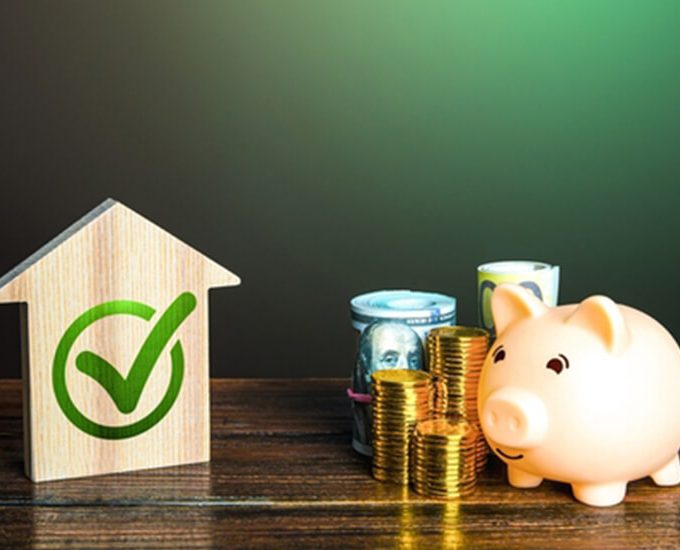Bankruptcy is a legal process that provides individuals and businesses with a fresh start by eliminating or restructuring their debts. While it can offer relief and a path to financial recovery, it also has significant implications for future borrowing. In this blog post, we will explore the impact of bankruptcy on future loans, including the effects on credit scores, loan eligibility, and strategies to rebuild creditworthiness.
1. Credit Score and Reporting
One of the primary effects of bankruptcy is its impact on your credit score. Filing for bankruptcy will lower your credit score, and it will be reflected on your credit report for a certain period. For Chapter 7 bankruptcy, it will stay on your report for ten years, while Chapter 13 bankruptcy will remain for seven years. This negative mark can make it challenging to qualify for loans and credit in the immediate aftermath of bankruptcy.
2. Loan Eligibility Challenges
After bankruptcy, obtaining new loans can be more challenging due to the perceived risk associated with your financial history. Lenders may be hesitant to extend credit to individuals with a bankruptcy record. However, it’s important to note that loan eligibility and terms can vary depending on the type of bankruptcy, your financial circumstances, and the lender’s criteria.
3. Higher Interest Rates and Fees
If you are able to secure a loan following bankruptcy, you may encounter higher interest rates and fees. Lenders may view individuals who have gone through bankruptcy as higher-risk borrowers, resulting in higher costs to offset that risk. It’s important to carefully review the terms and conditions of any loan offers and compare them to alternative options.
4. Rebuilding Credit after Bankruptcy
While bankruptcy has a significant impact on your creditworthiness, it is not the end of your financial journey. Here are some strategies to help you rebuild your credit:
Create a Budget and Stick to It: Develop a realistic budget that allows you to manage your expenses and prioritize debt repayment. Paying bills on time and managing your finances responsibly will gradually improve your creditworthiness.
Apply for a Secured Credit Card: Secured credit cards require a cash deposit as collateral. Responsible use and timely payments will help establish a positive payment history and rebuild your credit.
Consider a Credit-Builder Loan: Credit-builder loans are designed to help individuals build or rebuild credit. The loan amount is typically held in a savings account and released to you after successful repayment.
Monitor Your Credit Report: Regularly review your credit report to ensure its accuracy and to identify any discrepancies. Report any errors promptly to the credit bureaus.Reestablish Positive Credit Relationships: Consider becoming an authorized user on someone else’s credit card or exploring co-signing options with a trusted individual who has good credit. This can help you benefit from their positive credit history.

5. Time and Patience
Rebuilding credit after bankruptcy takes time and patience. It requires a consistent effort to demonstrate responsible financial behavior and rebuild trust with lenders. With time, as you establish a positive credit history and demonstrate financial responsibility, lenders may become more willing to extend credit at more favorable terms.
6. Seek Professional Guidance
Navigating the aftermath of bankruptcy can be complex, so seeking professional guidance can be invaluable. Credit counselors, financial advisors, and bankruptcy attorneys can provide personalized advice and strategies tailored to your specific circumstances. They can help you create a comprehensive plan to rebuild your credit and regain financial stability.
While bankruptcy can have a significant impact on your ability to secure future loans, it is not an insurmountable obstacle. By understanding the effects of bankruptcy on credit scores and loan eligibility, implementing responsible financial habits, and seeking professional guidance, you can begin the journey of rebuilding your creditworthiness. Remember that patience, persistence, and responsible financial management are key to regaining your financial footing and obtaining future loans on favorable terms.

















